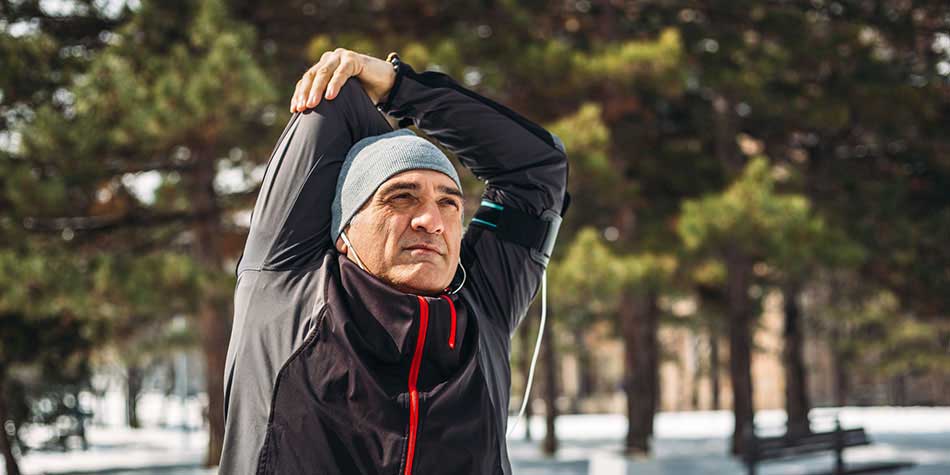
According to research, heart attacks are more likely during the colder months. In fact, a study found that there is around a 31 percent increase in heart attacks in the coldest months of the year compared with the warmest.
The increase in heart attacks during the winter occurs for a number of reasons. For starters, when the temperature is cold outside, your arteries tighten, which causes there to be restricted blood flow and reduced oxygen supply to your heart. Alone, this can increase your risk for a heart attack.
In addition, the cold weather causes your heart to work harder in order to maintain body heat. As a result, your heart rate and your blood pressure numbers can also increase, which can increase your risk of a heart attack, too.
But the good news is, while these are factors during the winter, there are steps you can take to stay in optimal health and protect your heart.
Take care of your heart
Let's take a look at ways you can prevent a heart attack from occurring this winter—or any season for that matter:
First, you want to make sure that you are careful when exerting yourself outdoors this winter. When you're working out, your heart rate should already be increasing and it should be more difficult to breathe—this means you're exerting yourself and getting in a good workout. The cold air outdoors can make that workout even more intense as it becomes more challenging to stay warm and to breathe.
Pay special attention to your body and stop if you feel out of sorts. If you have risk factors for heart disease, such as high blood pressure, high cholesterol, diabetes and a family history of the condition, you may want to keep your workouts indoors during the colder weather.
Second, when you do go outside in the cold, you need to make sure you are dressed appropriately. Before even leaving the house, make sure your hat, coat and gloves are on to help keep your body temperature well-maintained so that your heart doesn't have to work overtime. The hat and gloves are especially important since heat can leave the body through your head and hands.
Finally, you want to ensure you are doing all you can to prevent illness this season, particularly when it comes to the cold and flu. Get a flu shot if you haven't already, and wash your hands frequently this time of year with warm water and soap to avoid carrying germs. Staying well overall is one key way to protect your heart from stress and strain.
If you believe you are having a heart attack, call 911 immediately. The emergency room at Parkridge Medical Center is ready and waiting to handle any medical situation, including heart attacks and strokes.
$webqFacilityNumber
Need a Physician?